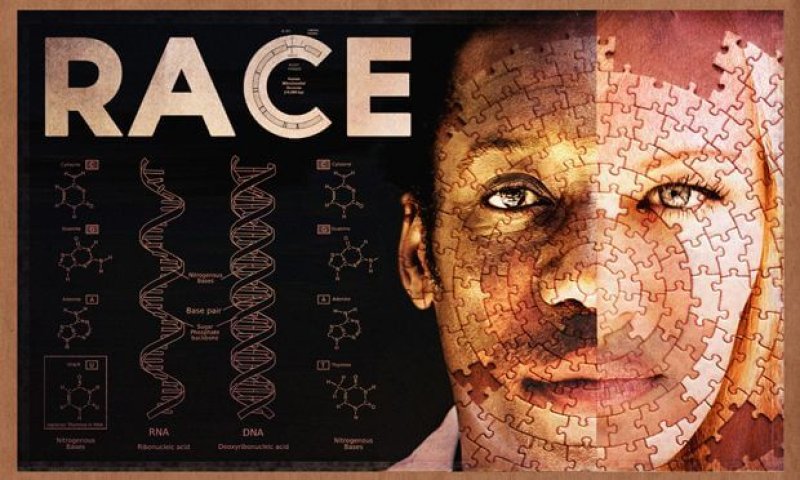[A controversial op-ed] by David Reich, a professor of genetics at Harvard, […] carefully advanced the case that there are genetic variations between subpopulations of humans, that these are caused, as in every other species, by natural selection, and that some of these variations are not entirely superficial and do indeed overlap with our idea of race. This argument should not be so controversial — every species is subject to these variations — and yet it is.
…
The danger in actively suppressing and stigmatizing this inconvenient truth, he maintains, is that a responsible treatment of these genetic influences will be siloed in the academic field of genetics, will be rendered too toxic for public debate, and will thereby only leak out to people in the outside world via the worst kind of racists and bigots who will distort these truths to their own ends.
…
[In a response, Ezra Klein] argued that, given rising levels of IQ, and given how brutal the history of racism against African-Americans has been, we should nonetheless assume “right now” that genes are irrelevant.…
[I]f we assume genetics play no role, and base our policy prescriptions on something untrue, we are likely to overshoot and over-promise in social policy, and see our rhetoric on race become ever more extreme and divisive.Read full, original post: Denying Genetics Isn’t Shutting Down Racism, It’s Fueling It































